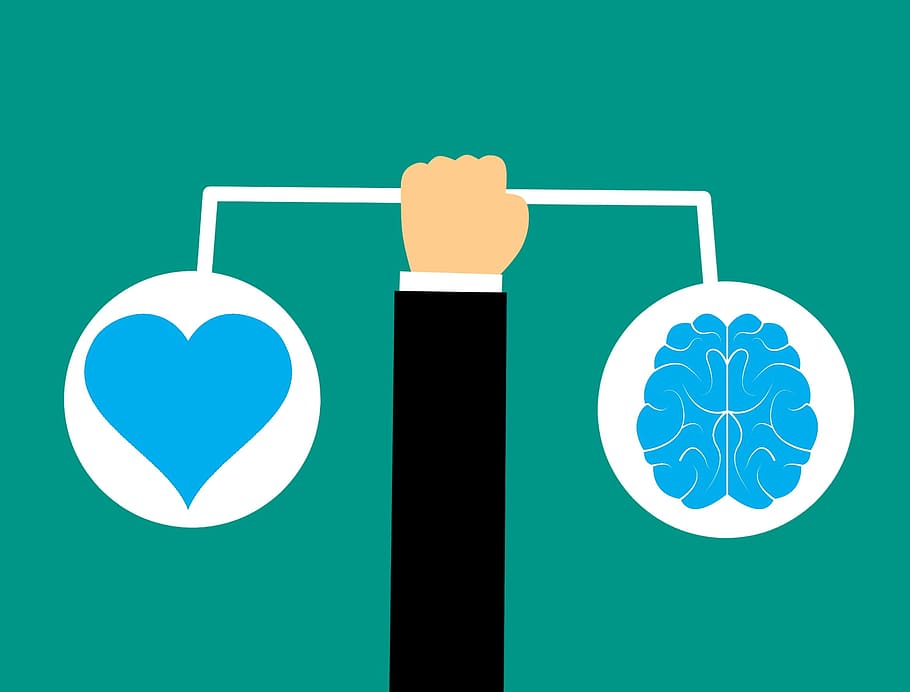
FAQ About Basics of Emotional Intelligence
Basics of Emotional Intelligence
2 years ago | gizem
How does emotional intelligence differ from IQ?
Emotional intelligence (EI) and Intelligence Quotient (IQ) are two different constructs that measure distinct aspects of human abilities. Here are some key differences between emotional intelligence and IQ:
- Focus: IQ primarily focuses on cognitive abilities and intellectual capacities such as logical reasoning, problem-solving, memory, and linguistic skills. It assesses one's analytical and academic aptitude.
- Emotions vs. Intelligence: Emotional intelligence, on the other hand, emphasizes understanding and managing emotions, both in oneself and in others. It involves recognizing and responding to emotions, empathy, interpersonal skills, and emotional self-regulation.
- Measure: IQ is typically measured through standardized tests that assess cognitive abilities and provide a numerical score. These tests are designed to evaluate logical reasoning, spatial awareness, mathematical skills, and language comprehension.
- Context: IQ is often considered a measure of academic or intellectual potential and is used to predict academic and career success. It is more focused on cognitive abilities within specific domains.
- Practical Application: Emotional intelligence has more practical applications in personal and social contexts. It influences how individuals navigate relationships, manage conflicts, lead others, and make decisions. It plays a significant role in areas such as interpersonal communication, leadership, and emotional well-being.
- Development: While IQ is believed to be relatively stable over time, emotional intelligence can be developed and improved through learning and practice. Emotional intelligence is considered to have a greater potential for growth and enhancement.
- Multiple Intelligences: Emotional intelligence is part of a broader framework of multiple intelligences, as proposed by psychologist Howard Gardner. It recognizes that intelligence encompasses various domains, including interpersonal intelligence (related to emotional intelligence) and intrapersonal intelligence (self-awareness and self-regulation).
